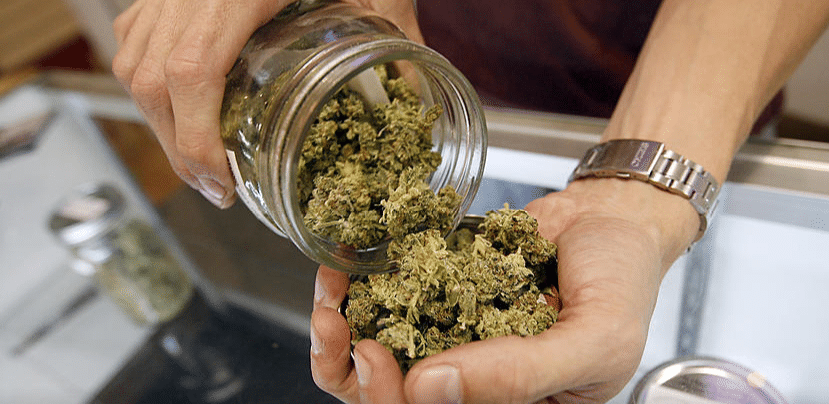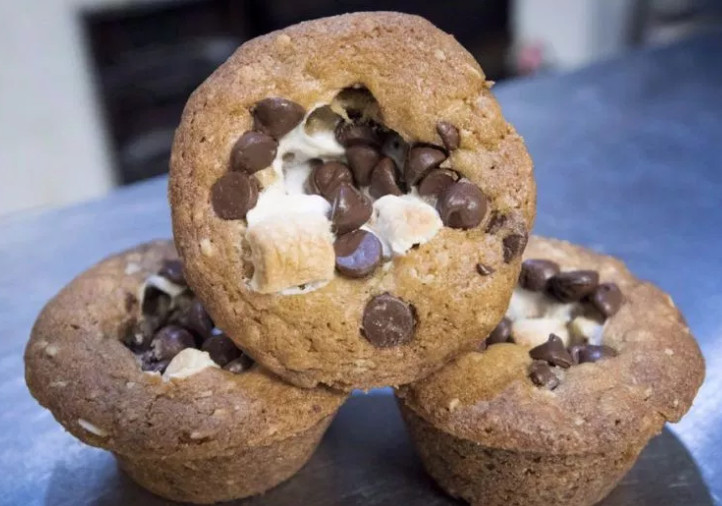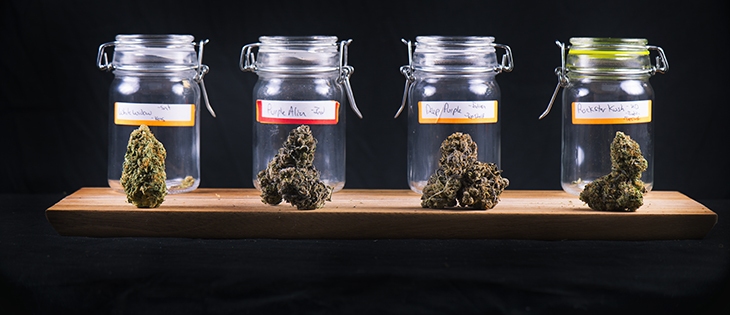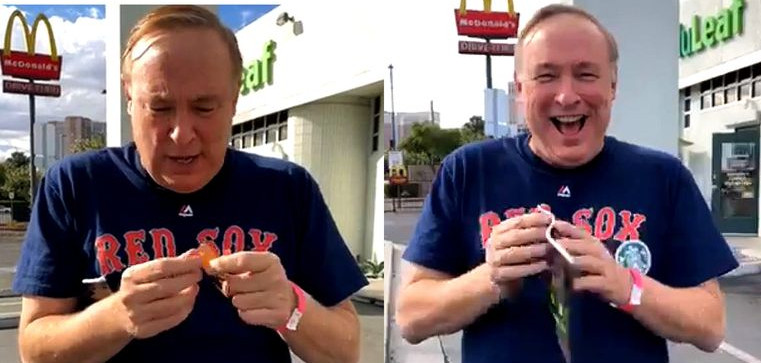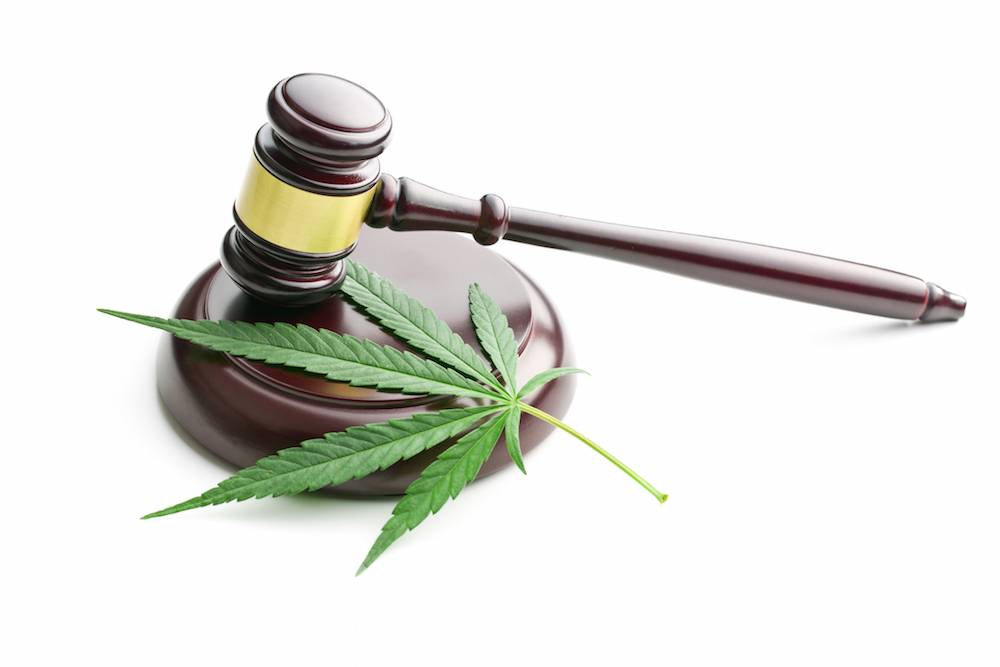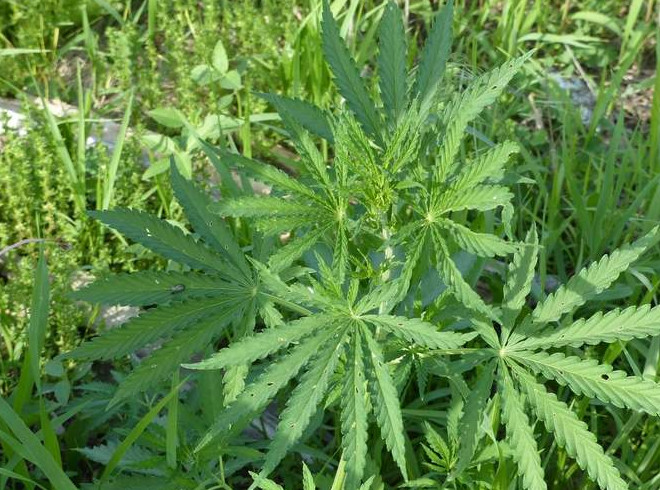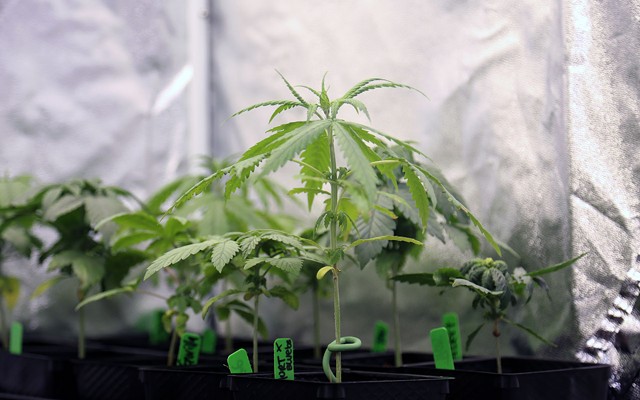Saturday, July 1. That’s the day that adult recreational marijuana sales are set to begin in Nevada, when anyone over 21 can walk into a dispensary and make a purchase. And with temporary regulations in place and a series of related bills signed off on, all seems ready—or it did until about two weeks ago. Now the sale date could be indefinitely delayed by a lawsuit by liquor distributors, who want to make sure they get a slice of the multi million-dollar pie.
“We’re still planning for a July 1 launch,” says Stephanie Klapstein, public information officer for the Nevada Department of Taxation. “We do plan to defend our regulations, so we’re still aiming for July 1.” The crux of the dispute is that liquor distributors were promised first dibs on marijuana distribution licenses, but the Taxation Department opened applications to other marijuana-related businesses. “In our regulation, we said we’d take applications from liquor wholesalers, we’d also take applications from existing medical marijuana establishments and also entities that had been transporting marijuana for the medical industry. After the [May 31] deadline, we would look at all of those and make the determination.”
Other states don’t mix the two businesses, largely due to concerns about liquor licenses being federally issued—thus, in Nevada, liquor distributors have to set up separate entities to handle cannabis. Since our state is doing a fast-track program to begin legal sales six months before the voter-designated date of January 1, 2018, they had to move fast and it seems some weren’t quite fast enough. “That’s the whole point of fast track: Just take the existing structure for medical marijuana and allow them to begin sales for recreational,” explains Scot Rutledge of Parallax Strategies, a cannabis policy group. “Then, starting next year, when we have permanent regulations in place, the alcohol distributors will be able to apply for those licenses.”
Sam McMullen, a lobbyist for the Independent Liquor Distributors of Nevada, the organization that brought the suit, maintains that marijuana distribution and transport should be “exclusive for alcohol dealers like the statute passed by the voters.” Question 2 (the ballot measure that legalized adult recreational marijuana) does indeed state that for the “first 18 months, the Department of Taxation would only issue marijuana distributors’ licenses to persons holding a Nevada wholesale liquor dealer’s license,” but it continues to say that said restriction can be altered if “the Department determines an insufficient number of marijuana distributors would result from this limitation.” McMullen maintains that the voters wanted liquor distributors to be in charge and, he says, “I just happen to believe when you pass a statute, you have to follow it.” (Raise your hand if a monopoly on distribution for the liquor industry was a major part of the ballot for you. OK, then—raise your hand if you were aware it was even part of the bill.)
The liquor distributors fear that, if they are not included in the first 18 months, they will be shut out of the marijuana industry altogether. McMullen says it was “an extensive application process. If [the state] wanted to start by July 1, they should have done it a lot faster and given people adequate time to apply,” so applications should be extended and sales should be delayed until the liquor distributors can prepare. Two initial court dates have resulted in a stay on sales; on Monday, June 19, there will be a full-day hearing and a decision will be made about whether sales will be allowed to go forward 12 days later.
In other cannabis news from Carson City, the recently concluded legislature also handled a number of marijuana-related bills. Out of those bills, only seven passed, with many dropping off somewhere along their journey through Assembly, Senate and committee, and a few getting all the way to Governor Sandoval’s desk, only to meet his veto.
One that didn’t pass was the bill to create spaces for public consumption, which died quietly in committee. “I think it was a concern that the bill might get vetoed. The governor wasn’t there,” says Rutledge. However, he also notes that “it’s been discussed that maybe the bill wasn’t even necessary because Question 2 allows for local jurisdictions to make those decisions on their own,” adding, “The people I’ve talked to in the city and the county understand that there is a bit of a public policy impetus here” due to the number of tourists who will otherwise have no place to consume legally.
Bills for a marijuana industry apprenticeship program and for the use of cannabis products by professional masseuses were vetoed by the governor, as was a bill that would vacate certain past marijuana convictions. One of the bills that did pass all the way regarded the appearance (generic) and packaging (opaque) of edibles; another allows for expanded hemp research and cultivation, and a bill allowing Native American tribes to negotiate the use and sale of marijuana on their lands also made it through.
So, will the distribution suit be resolved by July 1? That remains to be seen, but Klapstein is optimistic. “The department is doing everything in our power to get our program rolled out effectively with an eye to public health and safety, and we are committed to resolving the issues as it goes,” she says. “Bumps do come up along the road. But I think that having a medical program in Nevada that has been run so well … We’re building on that. It’ll be a little different for recreational, but we’ve got that solid foundation to go from.”
credit:vegasseven.com


